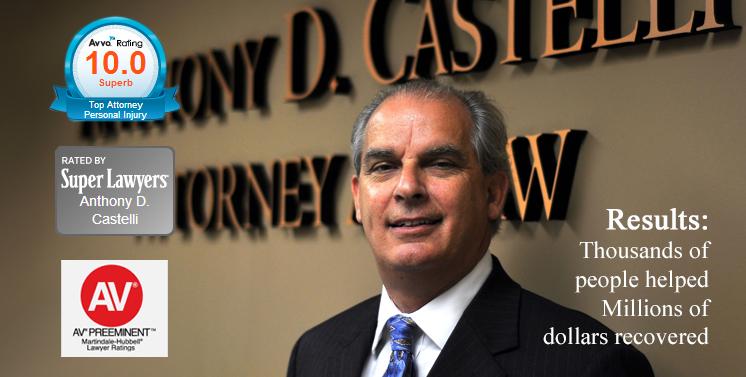For a work-related injury, you may be eligible for compensation for any of the injuries listed below:
- Preexisting conditions that the workplace accelerates or aggravates. Examples may include a back injury, even though you don't notice the pain from the injury until later.
- Injuries caused during breaks, lunch hours, and work-sponsored activities (such as a company picnic), and at-work injuries caused by company facilities, such as a chair in the company lunchroom.
- Diseases such as lung cancer, if contracted by exposure to toxins at work as a result of normal working conditions.
- Injuries resulting from mental and physical strain brought on by increased work duties or work-related stress. In some states, this includes employees who develop a disabling mental condition because of the demands of the job and a supervisor's constant harassment.
There are some injuries, however, that may not be covered by workers' compensation. State courts are divided on whether an employee can recover for an injury sustained during horseplay at work. Many states will not award benefits to a person who is injured while intoxicated or who deliberately inflicts injury on himself. Furthermore, an employee who is injured while traveling to or from work is not generally entitled to benefits unless the employer has agreed to provide the worker with the means of transportation, pay the employee's cost of commuting, or if travel is required while performing his/her duties.
If a worker leaves the employer's premises to do a personal errand and is injured, he or she might not be entitled to workers' compensation benefits. However, if an employee is injured while returning from company-sponsored education classes, or goes to the restroom, visits the cafeteria, has a coffee break, or steps out of a nonsmoking office to smoke a cigarette, and is injured, workers' compensation boards and courts typically recognize that employers benefit from these "non business" employee conveniences, and often award compensation.
Conclusion
The workers' compensation system of laws is designed to provide a straightforward method for employees to receive compensation for work-related injuries. However, workers' compensation laws vary from state to state, and have quite specific procedural requirements. To ensure that you receive proper and just compensation, it is advisable to contact an experienced workers' compensation or personal injury lawyer soon after you are injured.


